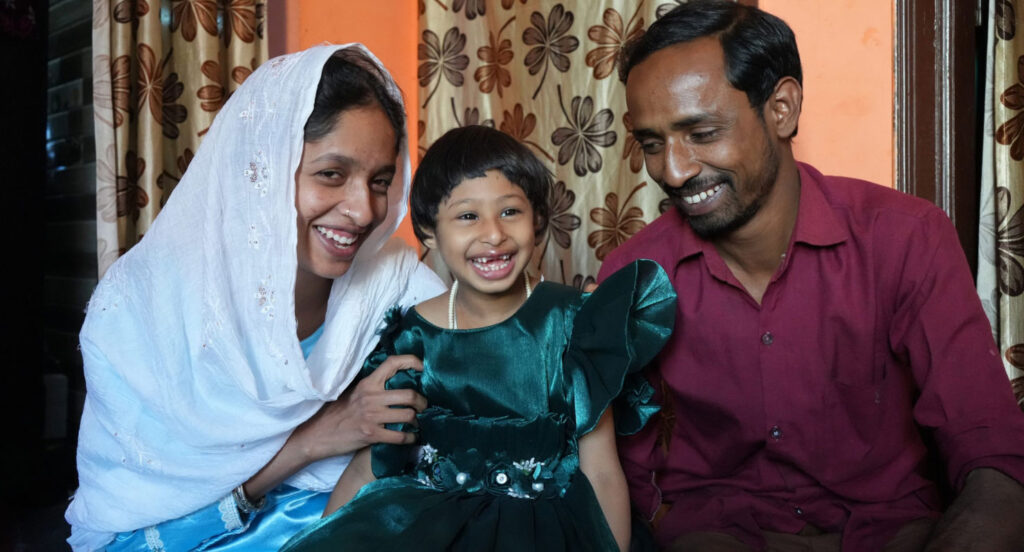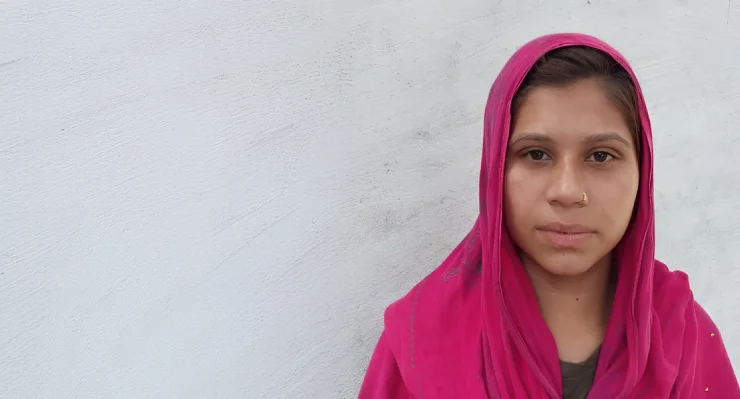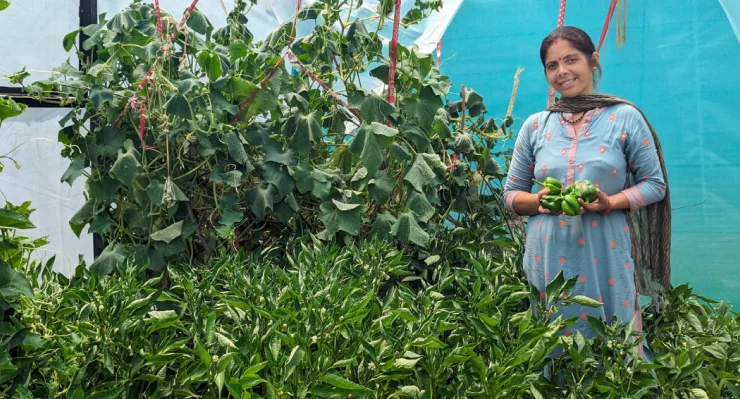While early screening for detecting disability in children is undoubtedly crucial, the willingness of the family to go the extra mile in terms of treatment is more important.
Likith’s is one such case study where the significance of supportive caregivers, a conducive domestic environment, and regular follow-ups is clearly seen.
Likith is Muniyappa and Jyoti’s 9-year-old son. He has both speech and hearing impairment, along with intellectual disability. His 11-year-old brother also suffers from a seizure disorder since the age of 2 and undergoes treatment at St John’s. Both were a result of a consanguineous marriage since Muniyappa had married his sister’s daughter.
In any case, his delayed growth and lack of developmental milestones by the age of 6 months pushed his parents to get him admitted at Unit of Hope at St Johns. Post blood tests, MRI scanning and audiometry, he was diagnosed with substantial hearing loss. Though he was provided with pocket type hearing aids and extensive speech therapy, there were no follow-ups due to his parents’ negligence and financial constraints, given that his father is only a daily wage worker.
However, when the project health worker visited him, he was found to have hyperactivity and was re-registered at Unit of Hope. After reassessment, he was not only provided with new CBM-sponsored BTE hearing machine, but his parents were also thoroughly counselled by our social workers on how to interact with their kid at home, safekeeping of the hearing aid and the need for regular follow-ups. Additionally, CBM ensured that he was offered telerehabilitation consultation.
One could see stark improvement in his growth and development! He could soon walk and perform his daily activities independently such as using the toilet etc. He would mingle with ease with his peers at his Anganwadi while uttering words like Amma, Appa etc.
In short, with a caring home and the right support, he blossomed into a happy, secure child.



